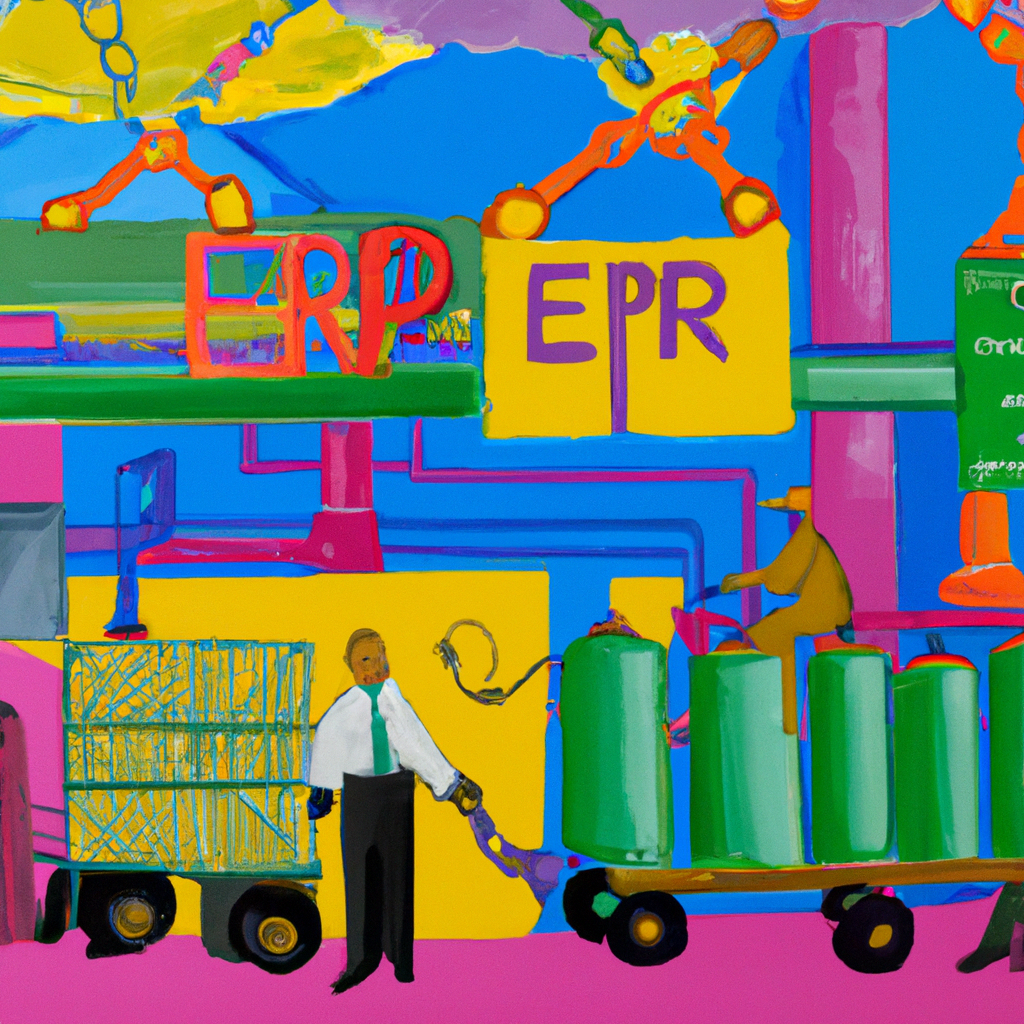The manufacturing industry is a complex web of processes, from procurement of raw materials to the delivery of finished products. Managing these processes efficiently is crucial for the success of any manufacturing business. This is where Enterprise Resource Planning (ERP) systems and Supply Chain Management (SCM) come into play.
ERP Systems
ERP systems are integrated management systems that streamline all aspects of a business, including product planning, development, manufacturing, sales, and marketing. They provide a unified view of business processes, enabling companies to make data-driven decisions and improve operational efficiency.
In the manufacturing industry, ERP systems play a pivotal role in managing production schedules, inventory, orders, and customer relationships. They help manufacturers to forecast demand accurately, plan production efficiently, and manage inventory effectively, thereby reducing operational costs and improving profitability.
Supply Chain Management
On the other hand, Supply Chain Management (SCM) involves the active management of supply chain activities to maximize customer value and achieve a sustainable competitive advantage. It represents a conscious effort by the supply chain firms to develop and run supply chains in the most effective & efficient ways possible.
In the context of the manufacturing industry, SCM encompasses the planning and management of all activities involved in sourcing, procurement, conversion, and logistics management. It also includes coordination and collaboration with channel partners, which can be suppliers, intermediaries, third-party service providers, and customers.
Integrating ERP and SCM
The integration of ERP systems and SCM in the manufacturing industry can bring about significant benefits. Firstly, it can enhance visibility across the supply chain, enabling manufacturers to track and trace products in real-time. This can help in identifying bottlenecks, mitigating risks, and ensuring timely delivery of products.
- ERP and SCM integration can improve collaboration between different stakeholders in the supply chain, including suppliers, manufacturers, distributors, and customers. This can lead to better coordination, reduced lead times, and improved customer satisfaction.
- The integration can facilitate data-driven decision making. With access to real-time data, manufacturers can make informed decisions about production planning, inventory management, and demand forecasting. This can result in reduced costs, increased efficiency, and improved profitability.
- Integrating ERP and SCM can enable manufacturers to respond quickly to changes in the market. Whether it’s a sudden surge in demand, a disruption in the supply chain, or a change in customer preferences, manufacturers can quickly adapt their operations to meet these changes, thereby gaining a competitive edge.
ERP systems and Supply Chain Management are no longer optional for the manufacturing industry; they are essential tools for survival and growth in today’s competitive market. By integrating these systems, manufacturers can streamline their operations, improve collaboration, make data-driven decisions, and respond quickly to market changes. This can lead to increased efficiency, reduced costs, improved customer satisfaction, and ultimately, a stronger bottom line.

